Gutfeld: New study reveals bedtime for optimum heart health
'Gutfeld!' panel weighs in on the new study that shows falling asleep at 10 to 11 pm is best for heart
Approximately 20% adults in the U.S. may be taking medication — either occasionally or regularly — to fall or to stay asleep, according to data recently released in January.
The Centers of Disease Control and Prevention (CDC) found that approximately 8.4% adults in the U.S. take medication either every day or most days to stay or fall asleep, according to a National Center for Health Statistics data brief.
An additional 10% of adults likely also take sleep medication "some days" to either fall or stay sleep.
"Recent data that up to 20% of Americans use medications to help them sleep is alarming," said Dr. Baljinder S. Sidhu, a pulmonologist and sleep specialist who is the co-owner of Pacific Coast Critical Care Group in Southern California.
He added that it's alarming "especially in the face of growing evidence of harm or mortality associated with such medications, even when used in the short term."
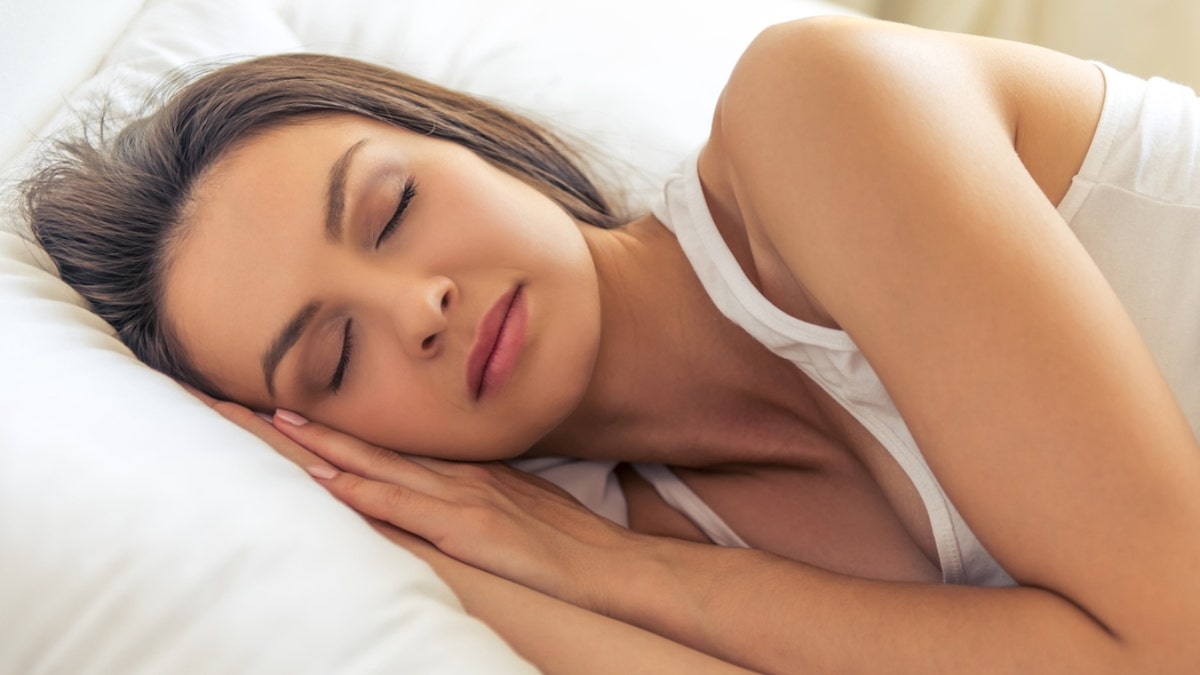
For a new study, the researchers analyzed data from the 2020 National Health Interview Survey of adults 18 years and older to find the percentage of men and women who used medication for sleep. (iStock)
The study results came from a health survey that asked participants if they took sleep medication during the past 30 days.
"In 2020, 6.3% of adults took sleep medication every day in the last 30 days, 2.1% took medication most days, 10.0% took medication some days and 81.6% never took medication," the report said.
Women were more likely to take sleep medication than men across all age groups.
"Among all adults, sleep medication use increased with increasing age, decreased with increasing income, and was higher among non-Hispanic White adults compared with adults of other race and Hispanic-origin groups," the report noted regarding its key findings.
THE BEST FOODS FOR A GOOD NIGHT'S SLEEP
The researchers analyzed data from the 2020 National Health Interview Survey of adults 18 years and older to find the percentage of men and women who used medication for sleep.
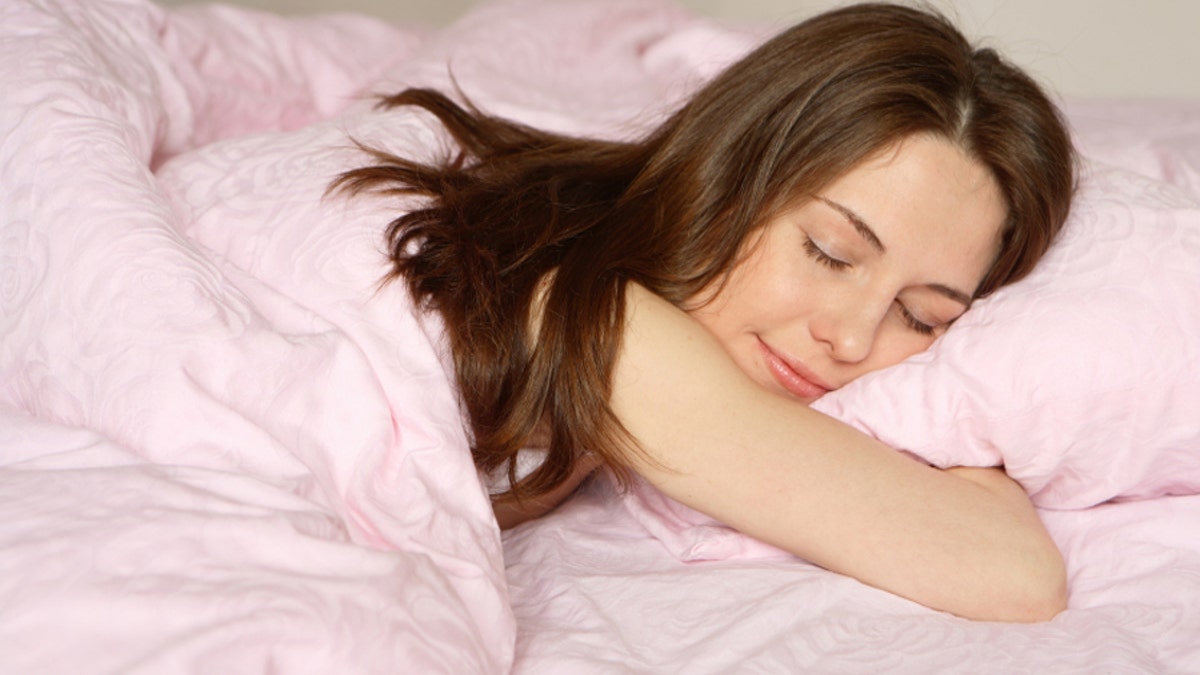
The study found that adults took medication for sleep with increasing age. (iStock)
Sleep medication was defined "as taking any medication to help fall or stay asleep most days or every day in the past 30 days, by selected socio-demographic characteristics," the report said.
More details from study's results
The study found that adults took medication for sleep with increasing age — "from 5.6% of those aged 18–44, to 10.1% of those aged 45–64, and 11.9% of those aged 65 and over," the report said.
Women were more likely to take sleep medication than men across all age groups.
White men were most likely to use sleep medications compared with Asian men — who were least likely.
Men with the highest family incomes were least likely to use sleep medication.
Men with the highest family incomes were least likely to use sleep medication compared with lower and middle-income groups.
SHOULD YOU DRINK WATER BEFORE BED? EXPERTS CHIME IN
"Hispanic men were more likely than non-Hispanic Asian men to take sleep medication, while among women, these groups were not different," the report noted.
Why do people have trouble with sleep?
The CDC notes on its website that there are three common problems with sleep.
The common issues are: 1) difficulty going to sleep; 2) difficulty staying asleep; and 3) waking up too early.
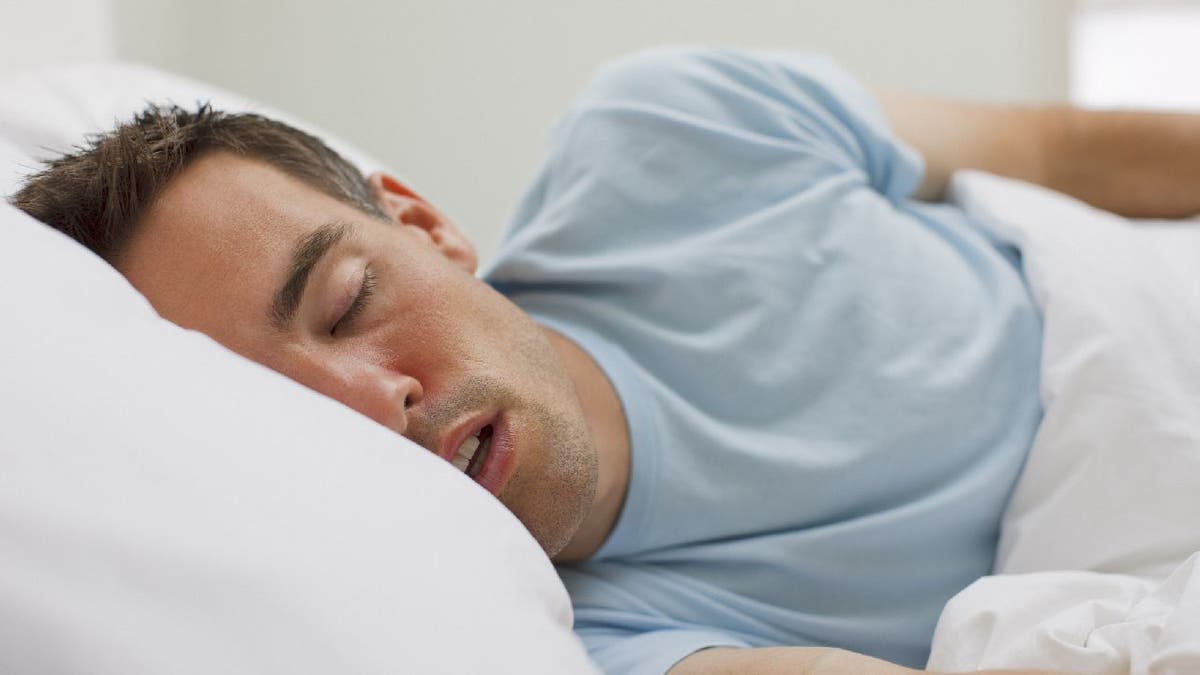
The most common issues with sleep are: difficulty going to sleep; difficulty staying asleep; and waking up too early. (iStock)
The human body has an internal clock that resets every day by the sun’s light and dark cycle, per the CDC.
This clock has a 24-hour circadian rhythm that helps us fall asleep and wake up.
Sleep medications should not be first line for treating insomnia, says The Sleep Foundation.
A hormone called melatonin peaks in our body early in the morning, around 2 a.m. to 4 a.m. — and then production stops later in the morning, according to the CDC’s website.
"Normally, the body increases [the] melatonin level in the evening one to two hours before usual bedtime," the CDC added.
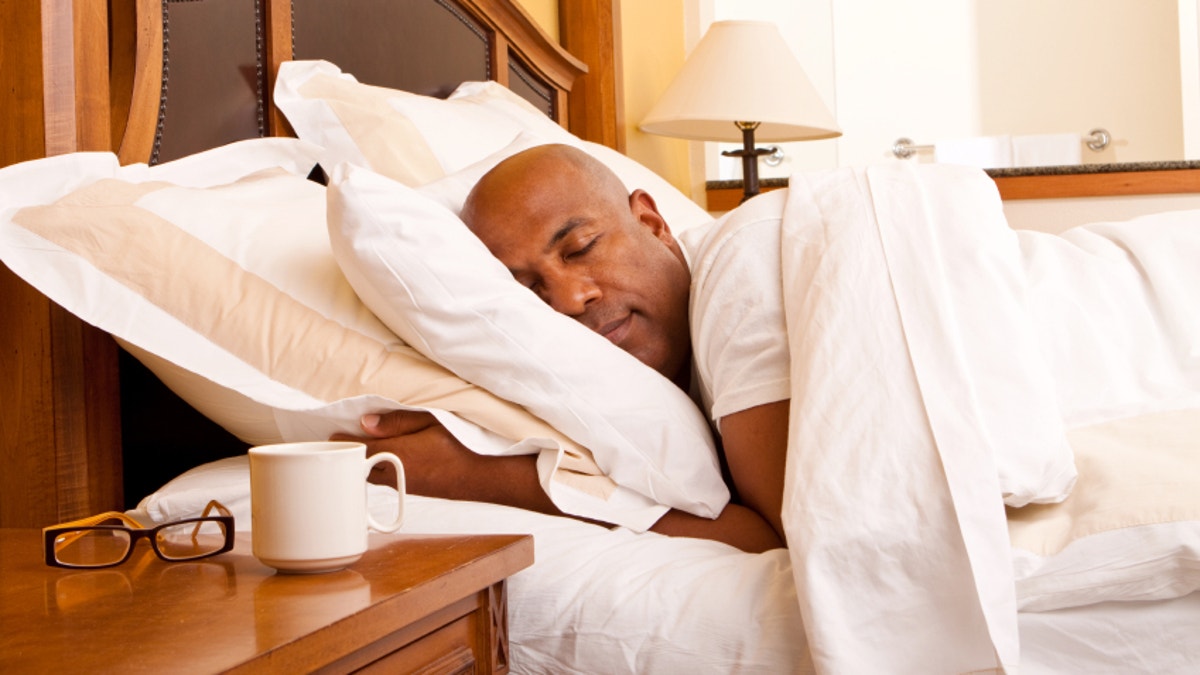
Since "they can be addictive and often come with side effects, the American College of Physicians and the American Academy of Sleep Medicine recommend using other techniques before turning to pharmaceutical sleep aids," according to the Sleep Foundation’s website. (iStock)
It’s possible to purchase melatonin in supplement form or as a prescription, but the CDC warns it must be taken at the right time for your sleep cycle — otherwise, it could shift the internal clock in the wrong direction or have no effect.
MORE US ADULTS TAKING MELATONIN TO FALL ASLEEP, STUDY SAYS
The Sleep Foundation notes that sleep medications should not be first line for treating insomnia.
"Because they can be addictive and they often come with side effects, the American College of Physicians and the American Academy of Sleep Medicine recommend using other techniques before turning to pharmaceutical sleep aids," according to the Sleep Foundation’s website.
Research has estimated a 1.5 to fivefold higher risk of death from sleep medications.
"Non-medication/prescription treatments such as cognitive behavior therapy (CBT), light therapy when appropriate, etc. should be the pursued prior to resorting to sleep medications," Dr. Sidhu of California noted.
Use sleep medications with caution
Sidhu noted that research has estimated a 1.5 to fivefold higher risk of death from sleep medications.
Sleep medications "can provide a false sense of what normal sleep should feel like."
"Furthermore, sleep medications have even been associated with poor daytime functioning and disruption of normal sleep architecture (our normal sleep pattern)," he said.
HOW TO TRACK SLEEP ON YOUR APPLE WATCH
These medications "can provide a false sense of what normal sleep should feel like, which further contributes to a belief that sleep is not restorative unless they are in a medicated coma state."
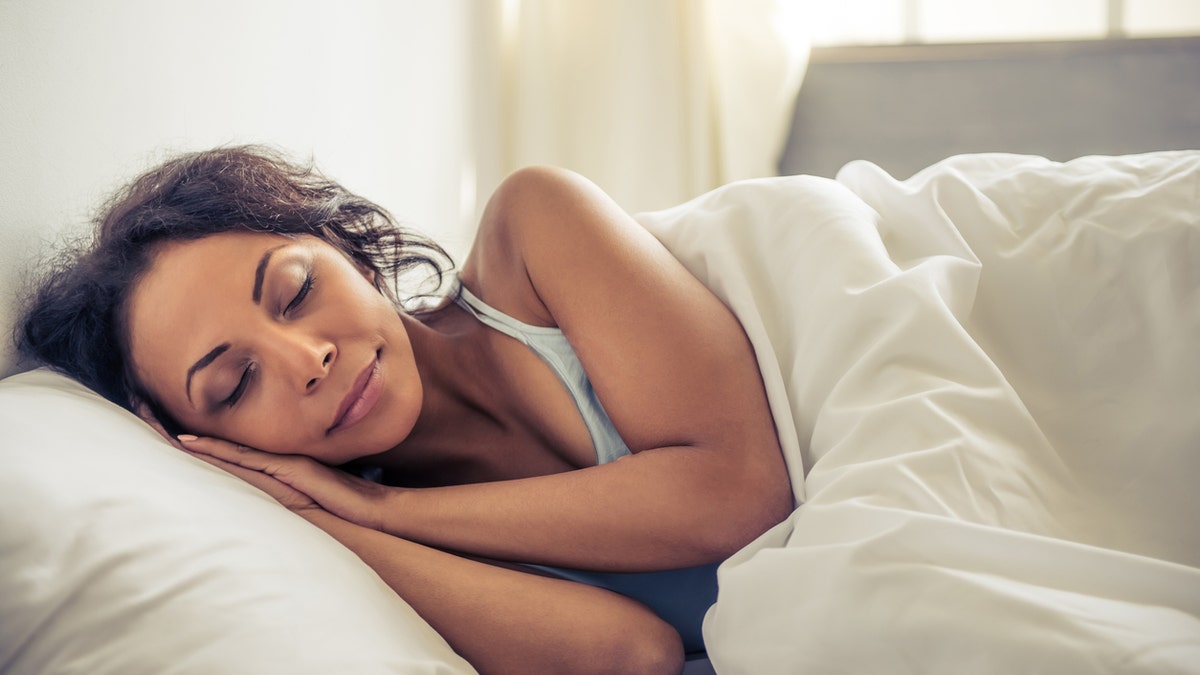
When it comes to getting a good night's sleep, "treating the underlying condition can have a more positive impact on sleep," said one medical professional — rather than turning first to sleep medications. (iStock)
This may lead individuals to seek out stronger medications for "quality" sleep, he noted.
"One such extreme case, in which an anesthetic was utilized to address insomnia for a celebrity, resulted in his death."
Sidhu recommends first a thorough evaluation for insomnia.
CLICK HERE TO SIGN UP FOR OUR HEALTH NEWSLETTER
This includes ruling out depression, a hormonal imbalance — such as from thyroid disease or menopause — and medication side effects.
It also means looking at underlying medical problems, including chronic illnesses, that may be playing a role in sleep problems.
CLICK HERE TO GET THE FOX NEWS APP
"Treating the underlying condition can have a more positive impact on sleep," he said.











































